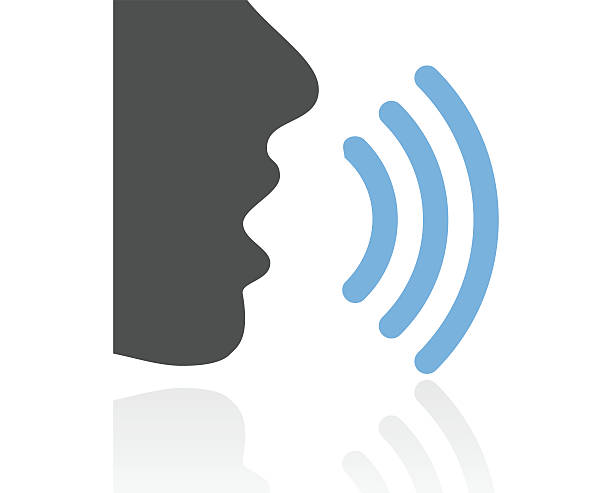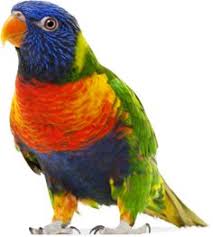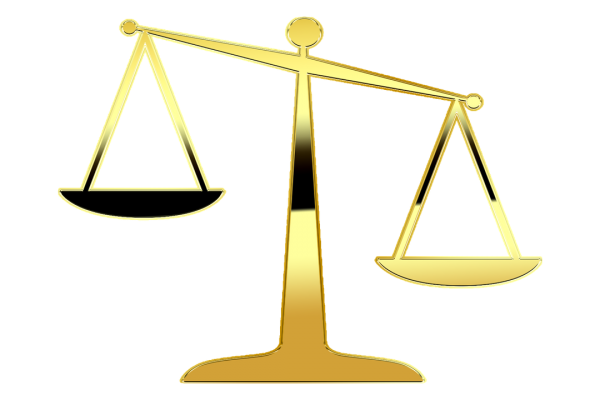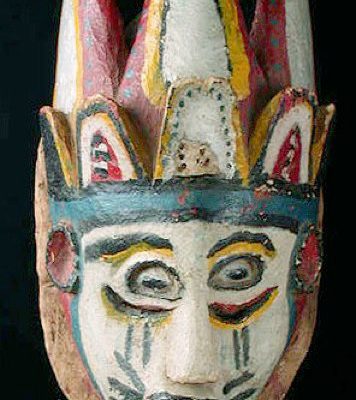‘Ígálá’ is a tonal language; and, in tonal languages, only tone conveys meanings in words. For instance, the duplicated consonant, ‘kk’ per se, is meaningless but when you spice it with a vowel, or vowels, you see different meanings roll out. Example 1: Add the vowel, ‘ẹ,’ bearing a high tone (ẹ́); then, you will have ‘kẹ́kẹ́,’ meaning ‘small’ or ‘little’. E.g. Ọ́ma kẹ́kẹ́. A little child. Example 2: Add two vowels, ‘o’ and ‘e,’ with variant […]
Variant Vowels and Tones
As we said before, Ígáláà is a tonal language; in other words, only tone introduces a meaning in a word. For instance, the duplicated consonant, ‘k k,’ is meaningless because there is no vowel bearing a tone or two to give it meaning. But when we add the low-toned vowel, ‘à’ and the high-toned ‘é,’ a meaning emerges: a short sentence, a command: Kà ké. (Say it now). The Igala speech uses a number of […]
Lopsided Law: Heir Bars Heiress
Offline Advanced English Dictionary defines inheritance as “hereditary succession to a title, an office or a property; or that which is inherited … and passes, by law, to the heir on death of the owner.” It is observed that the method of transfer of inheritance differs from one society to the other. For instance, in the Western world, it is transmitted through a legal instrument: to wit, a will. In several African countries, including Nigeria, […]
Crooking the Crocodile
Once upon a time, a female crocodile settled on the bank of a river. One evening, as she was strolling, she chanced upon some eggs lying in a nest, partially covered. Her jaw dropped as she marveled at their freckled beauty, wishing they were her own eggs. When she got home and mentioned her adventure, seeking someone who could help her to decorate her eggs, she was directed to Mr. Tortoise. Thanking the neighbours for […]
Culture: Feast of the First Fruits
Since ancient times, the Igala race have routinely offered the ‘First Fruits’ of their farm-work as a sacrifice to their ancestors during the Égwú Festival. Similarly, the ancient Greek, Roman and Hebrew were known to present, through a priest, the ‘First Fruits’ of their agricultural yields. This practice underscores their commitment to ancestor veneration as a cardinal principle of the Igala Traditional Religion (ITR), which the call Ògwùchẹ́kwọ̀.





